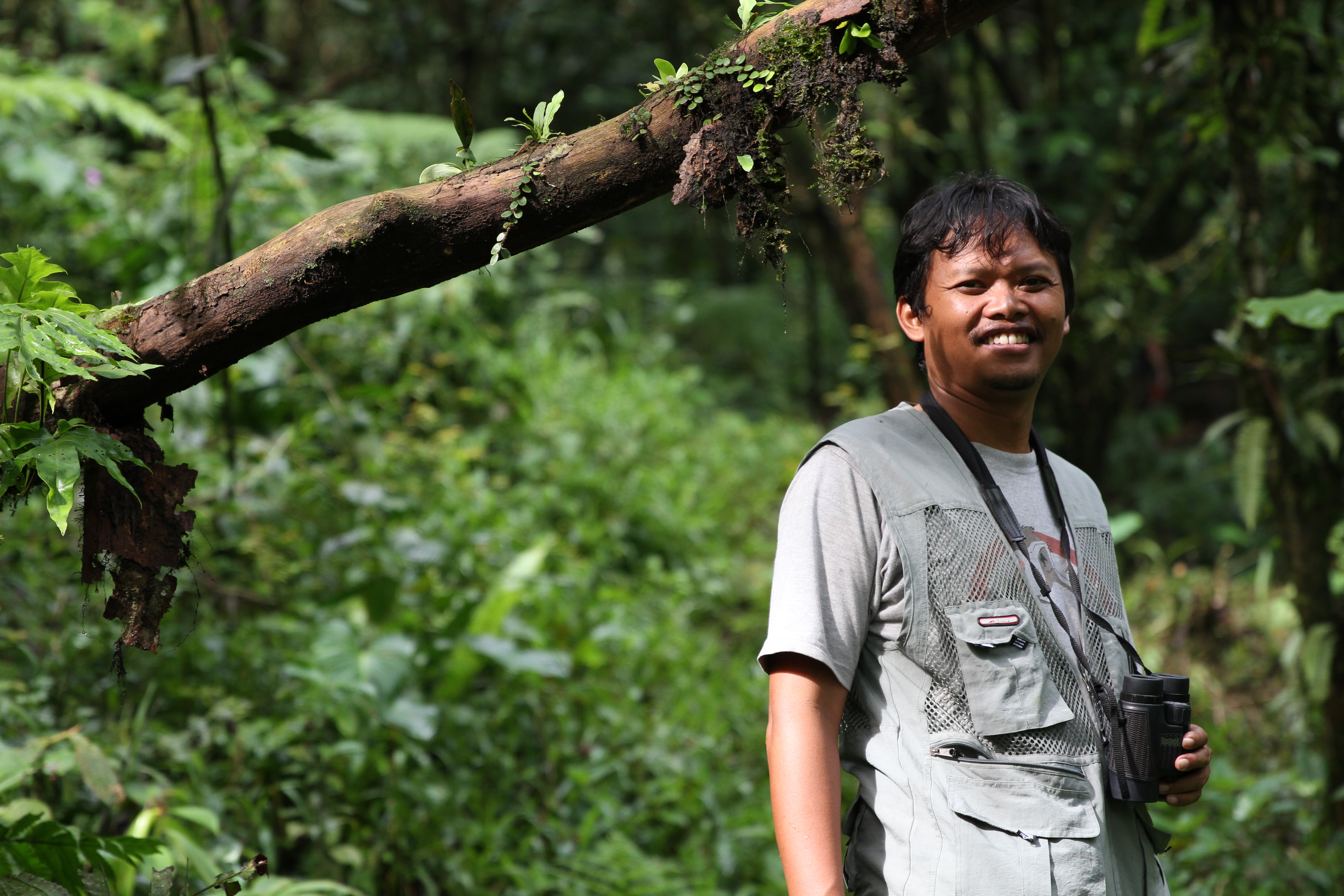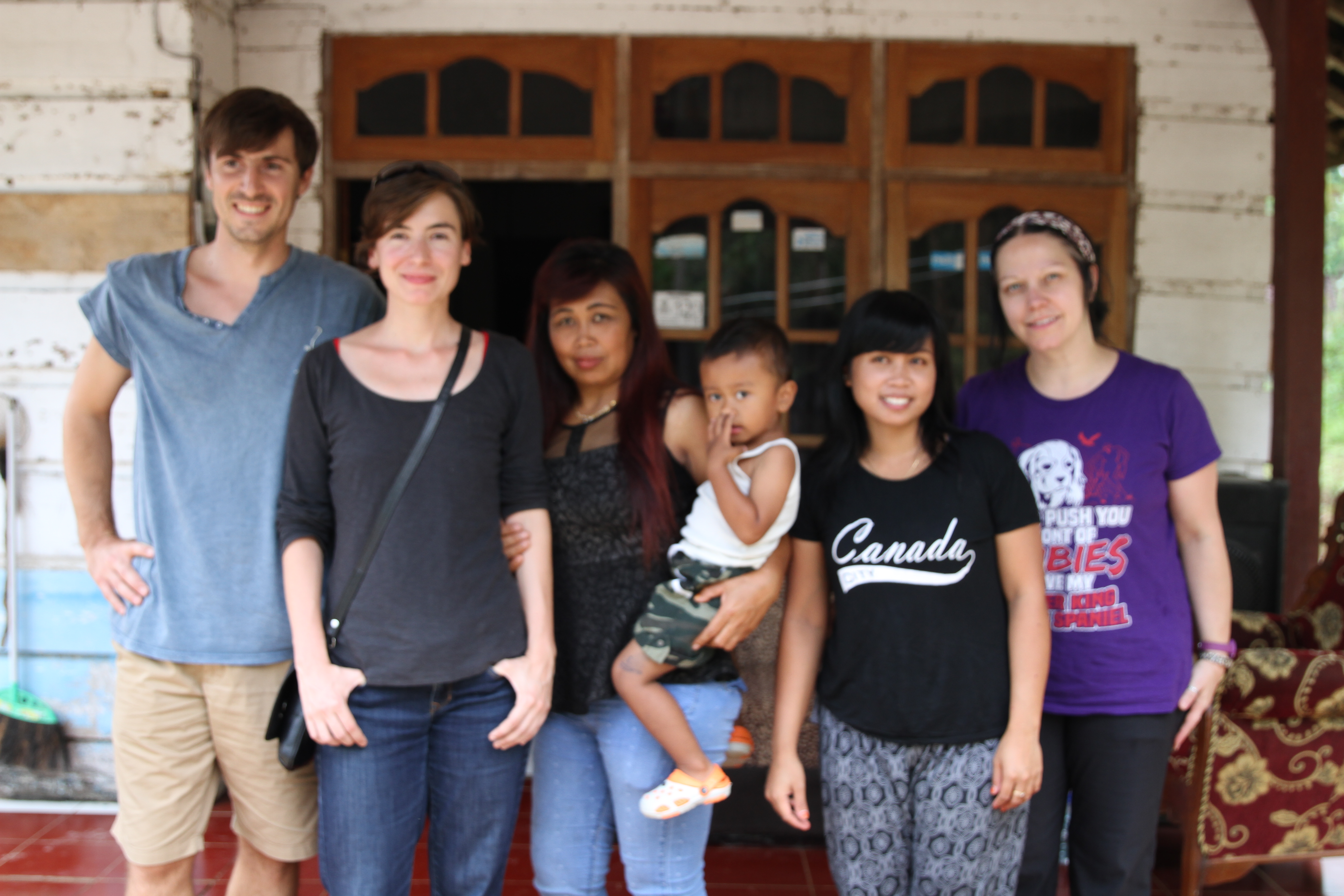In a world where we increasingly feel we can have what we like whenever we want it, we sometimes become blind to where our products come from and the impact they can have on nature. Tea and coffee are now part of the daily lives of literally billions of people all over the world – and to sustain our addictions, tropical forests and places are paying the price.
Last week, I visited a special project in Central Java nestled in the beautiful mountain – Gunung Dieng. For many years, I have known about the work of Arif (Wawan) Setiwan, a Javan primatologist, and had also heard about his ‘Kopi Owa‘ project – there was nothing better than seeing this first hand!


The Kopi Owa project occurs in a village where hunting used to be common, but now the team there is working hard to train villagers to collect and produce the best quality shade grown coffee. Through a very meticulous production process, the coffee has achieved a greater than 80% flavour rating – this is apparently very high!! – but to the palate, it is honestly the best coffee I ever had in Indonesia and it is up there for the best coffee ever – and I really love coffee! The proejct works with two villages – one producing arabica coffee and one producing robusta.
All the coffee is produced with no pesticides and with no fertiliser – it has become truly wild! But because of this too it can never be produced in the mass quantities that the export market expects, so the team focusses on providing it to specialist cafes. Demand is also a worry to a project like this – if people start demanding more coffee, a worry is that forest could be cut down or replaced. So by focussing on amazing quality, prices can be higher for smaller amounts of yield!
Wawan and his team are branching out to other areas too, including the honey of stingless bees. Our LFP team is also starting a project with the honey from the calliandra or fairy duster flowers pollinated by slow lorises and we hope that the Kopi Owa model from Central Java will also be perfect for West Java too!
Overall, this project was completely inspirational and wonderful to see that a group of passionate young conservationists can connect with a village to save the future of primates. The day living primates seemed to think the same too and as we drove back down the mountain, we were greeted by the single monkey we had thus far missed – the beautiful Javan surili – in a large family group, living happily above the coffee trees.
Anna Nekaris – Project Director
